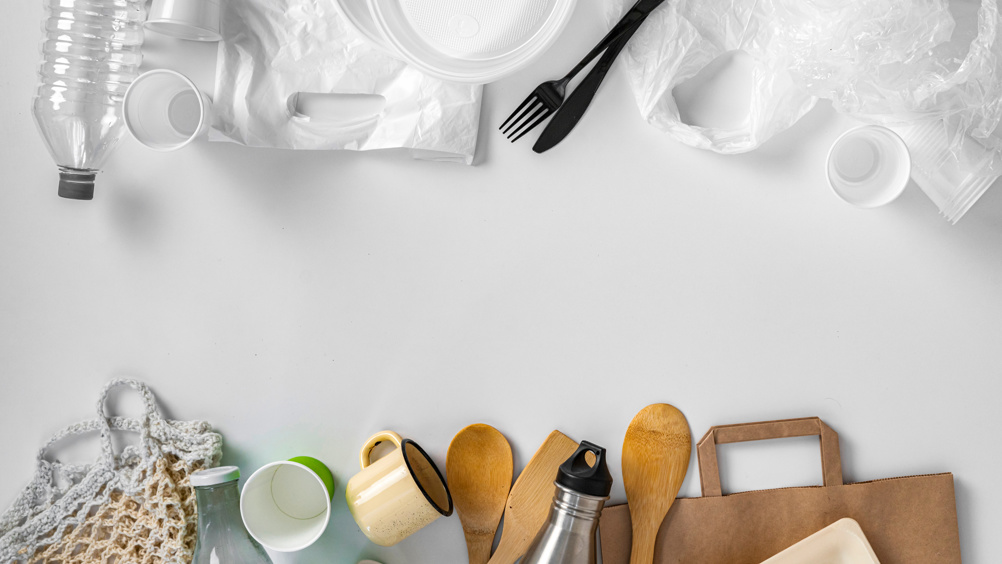Plastic alternatives worse for greenhouse gas emissions in majority of cases
Substituting plastics with alternative materials can result in increased greenhouse gas (GHG) emissions, according to new research led by Sheffield University.

The research, in collaboration with Cambridge University and the KTH Royal Institute of Technology, measured the emissions associated with plastic products in comparison with ‘greener’ alternative materials.
The study analysed plastics and their replacements across various applications including packaging, construction, automotive, textiles and consumer durables, as these sectors collectively represent a significant portion of global plastic usage.
For 15 out of 16 of the applications examined, researchers found that the plastic products resulted in lower GHG emissions compared to their alternatives. The reduction in emissions spanned from 10 per cent to as high as 90 per cent across the product life cycle.
The researchers used life cycle assessment (LCA) to analyse the environmental impact of the different materials over the course of their life cycles.
Even when focusing solely on direct life-cycle emissions, researchers found that plastics were better in nine out of 14 applications. Factors such as lower energy intensity during production and the weight efficiency of plastics, for instance, mean they have a reduced environmental footprint compared to alternatives like glass or metal.
Register now to continue reading
Thanks for visiting The Engineer. You’ve now reached your monthly limit of news stories. Register for free to unlock unlimited access to all of our news coverage, as well as premium content including opinion, in-depth features and special reports.
Benefits of registering
-
In-depth insights and coverage of key emerging trends
-
Unrestricted access to special reports throughout the year
-
Daily technology news delivered straight to your inbox










UK Enters ‘Golden Age of Nuclear’
The delay (nearly 8 years) in getting approval for the Rolls-Royce SMR is most worrying. Signifies a torpid and expensive system that is quite onerous...